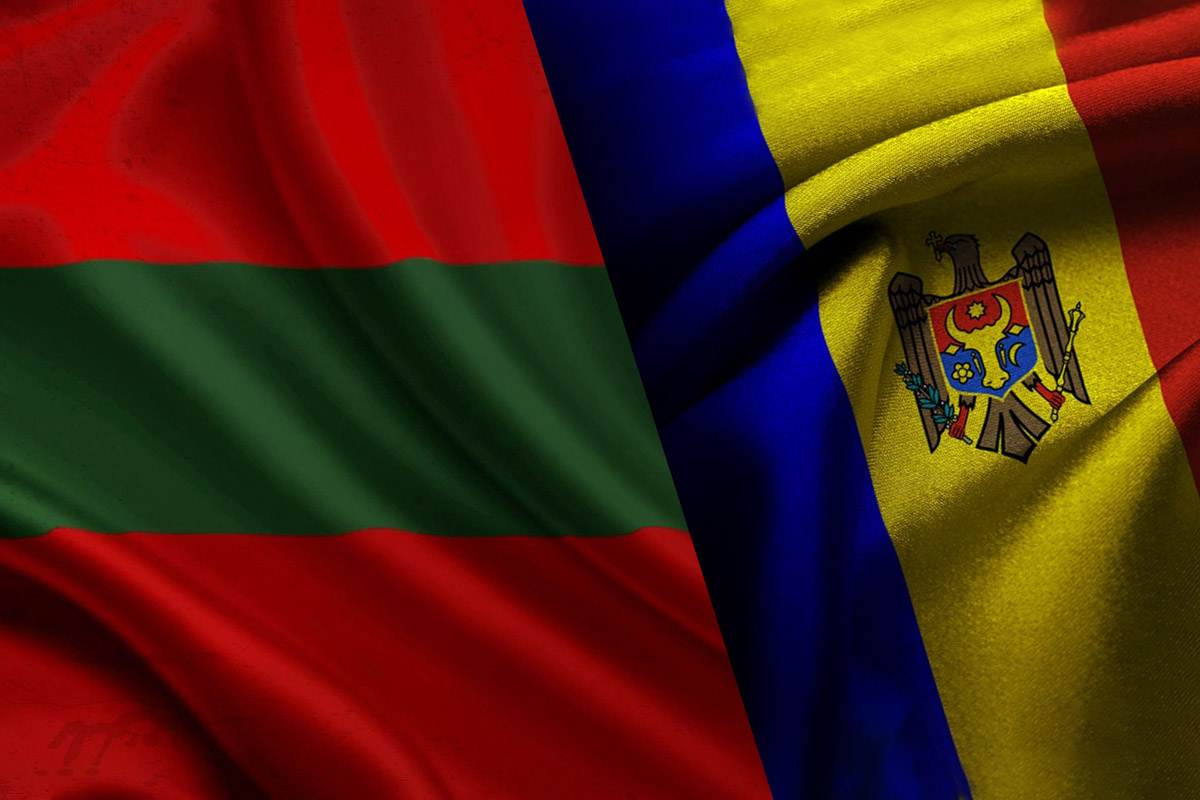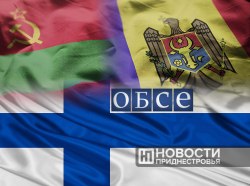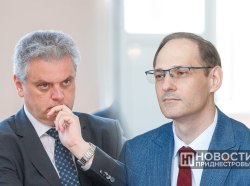The Moldovan authorities don’t know how to resolve the Moldovan-Pridnestrovian conflict. Such statement was made by the President of Moldova Maia Sandu. There are no resources, no plan, no understanding, at the same time there are principles that, according to the RM President, should become the reconcilements’ basis. However, these principles are more like spells, that Moldovan politicians traditionally continue to read, in spite of the fact, that their meaning has been long-lost. Admittedly, as regards relations with Pridnestrovie, sacramental and formalism in Moldovan policy have always prevailed over pragmatism.
“We actually have nothing!”, Maia Sandu on the air of RTR Moldova notified, in response to the presenter remark, that it would be difficult for Chisinau to engage in negotiations in the absence of a functional responsible institutions. At that moment, the Moldovan government is in limited functionality working arrangements. Until the new cabinet of ministers’ appointment, ministers cannot solve important government tasks in an acting capacity. It’s subject to the Moldova’s political representative in the negotiation process. At the same time, Olga Chebotar is already the fourth in order the Moldovan appointed negotiator of over the past year. Admittedly, the reshuffling in the “reintegration” bureau is contingent not only on the protracted political crisis in Moldova, but also on the negotiations imitation’s tactics, that have become firmly established in the Chisinau approaches.
The last time Tiraspol and Chisinau made progress with humanitarian issues (in particular, they are the current negotiations goal) in the year of 2018. The negotiations moved slowly, with moans and groans and under the constant pressure of Pridnestrovie and international partners, in the direction, defined by the Berlin agreements of 2016.
But then the negotiation process degradation began, the logical outcome was a deadlock, with which the current political situation in Moldova prevents us to break it. The situation is exacerbated by the fact, that Chisinau doesn’t hurry to fulfill the obligations assumed under the previous agreements. At the same time, the blockade instrumentation is also used: blocking of the Pridnestrovian enterprises accounts, banking facilities, commodity imports (moreover, indispensable to life goods in pandemic conditions), vehicles with Pridnestrovian numbers. All of these things is in the Chisinau unfaithfulness best traditions.
The facts show the Moldovan authorities’ unwillingness to engage in negotiations in the residents’ interests of the Dniester both banks. This was confirmed by Maia Sandu, declaring, that she could meet with the PMR President Vadim Krasnoselsky only on the interests of the Moldova citizen’s basis. This separation is quite understandable: the RM has long treated to Pridnestrovians as strangers. This was especially exemplificative during the last presidential elections in the RM in November last year. The Moldovan citizens from Pridnestrovie were given a clear stand, that they were considered as second grade citizens.
One is put in mind of the plan for the Pridnestrovie’s annexation to Moldova in the year of 2017, it was co-created by the present-day the RM parliamentary deputy Oazu Nantoy, an ardent supporter of Maia Sandu. That plan contemplated lustration and the so-called the PMR residents’ depridnestrovization with all the ensuing consequences.
However, today according to Maia Sandu, such plan is absent. In common with other plans to resolve the conflict. Such plan can appear only in response to “all political parties’ consensus,” she confirms.
Actually, observing a deep disruption in the political community of Moldova, one expects only the internal crisis’ intensification in the neighboring country. There is no reason to believe, that some constructive settlement plan will emerge under such conditions. In the meanwhile, the Moldova President confines herself only to enumerating the principles that, in her opinion, should become the such plan foundation:
“Firstly, it’s the conflict peaceful settlement. Secondly, it’s the preservation of the sovereignty and territorial integrity of Moldova within its recognized internationally borders. Thirdly, it’s the state functionality’s preservation.”
It’s gratifying, that the Moldova’s President is absolutely confident, that the solution to the Moldovan-Pridnestrovian conflict should be peaceful. Especially, against the background of her recent statements about the necessity of withdrawing Russian peacekeepers from Pridnestrovie. According to the agreements on the peacekeeping mission, it can be completed or changed only after a political settlement of the conflict. It should not be overlooked, that it was the Russian peacekeepers who, having stopped the war in 1992, directed the solution of the Moldovan-Pridnestrovian conflict along a peaceful course. Today, Maia Sandy often says, that nobody is shoot on the Dniester’s banks, military confrontation is doesn’t take place, advancing her arguments for the point of the necessity of replacing the peacekeepers with civilian observers. It’s worth mentioning, that exactly thanks to the Russian military nobody is shoot! We have the only one peace guarantor! Especially if we remember how in the center of Chisinau last summer, the combatants promised to “throw the decapitated Pridnestrovians to the Parliament’s stairs.”
In the matter of the “territorial integrity within recognized internationally borders” principle, thereat it’s important to remember the main thing: as recently as 1990, the Moldova SSR Supreme Council declared the creation of the Moldavian SSR illegal, destroying the only legal platform, which was consolidating two different historical and cultural regions in one unified republic. Afterwards an attempt of violent suppression against was followed. Pridnestrovian’s proposals for autonomy and a new unified state establishing on a federated basis were rejected. Several times in Chisinau were missed real opportunities of reconciliation with Pridnestrovie and settlement to conflict. The principle of “territorial integrity within boundaries of the year of 1990” was also spelled out in the 1997 Primakov Memorandum. However, its conditions, for example, the right of Pridnestrovie to international commercial transactions, were broken by Chisinau.
The failure of the Kozak Memorandum in the year of 2003 with the federalization project and the blockade of 2006 finally put an end to the unified state, but the only way to resolve the conflict was separation on the example of the Czech Republic and Slovakia. Today, considering the crisis of the Moldova, which in the past decade has disappointed everyone, turning into a “captured state” and the geopolitical game’s arena, talking about the annexation of Pridnestrovie to Moldova is not only irresponsibly, but also dangerous.
Over the past 30 years, international mediators have been able to understand, that creating a new artificial state formation from the RM and PMR, and even on the terms of Chisinau, means to lay a mine in the center of Europe. The differences between the two Dniester’s banks have not been erased over 50 years of coexistence as the unified state’s part, and over the past decades of parallel state-building they have become even more circumscribed. The one common feature of Tiraspol and Chisinau is only the unadjusted conflict and forced coexistence, which should be turned into good-neighborly relations between two equal subjects of international legal entity. This is precisely the objective reality, on which basis it’s necessary to form the Moldovan-Pridnestrovian settlement’s plan.
The text was prepared by Nikolay Syrbu








